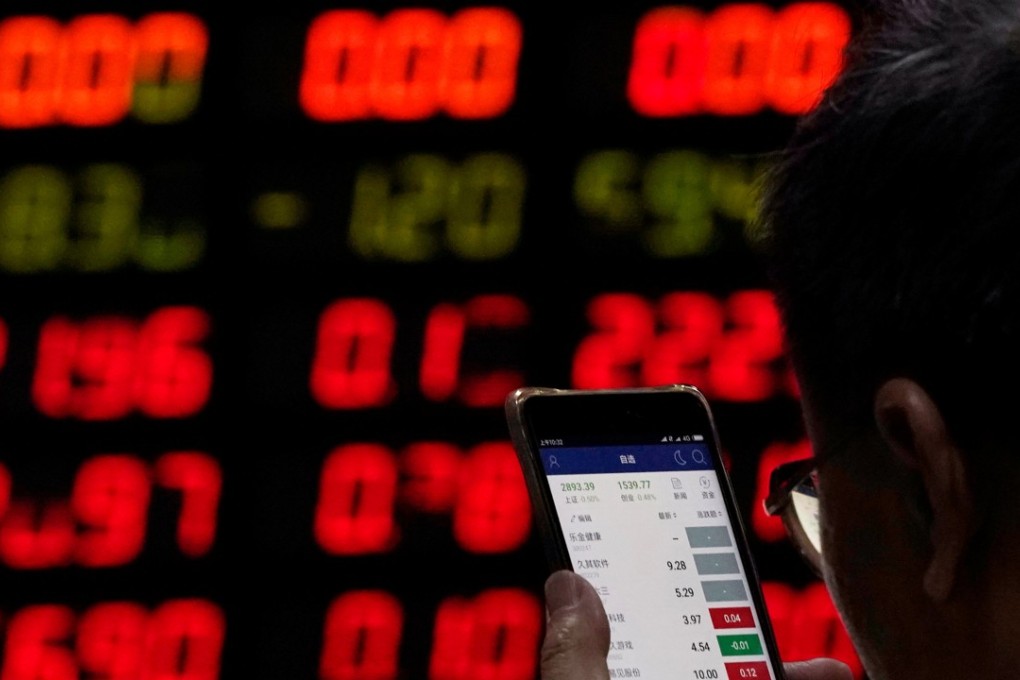China’s securities regulator fumbles as it scrambles to talk up a plunging stock market
- CSRC says it will raise company quality, optimise trading oversight and encourage long-term investment
- CSRC makes rare market-stabilising comments in trading hours

China’s securities regulator stepped into a tumbling stock market to assure frayed nerves, but stumbled in its attempt by misspelling the name of its supervising body, creating confusion - at least for a few hours - for investors in the world’s second-largest capital market.
The CSRC comment is the latest in a deluge of measures by China’s regulators overseeing the stock market and the finance industries after Vice-Premier Liu He this month voiced his support of the nation’s stock market.
So far, the Chinese legislature has revised law clauses to make share buy-backs easier, the central bank has pledged more funding support of companies grappling with liquidity crunch and the CSRC has allowed brokerages and private-equity firms to invest in cash-strapped companies.
“The CSRC is doing that to stabilise the market,” said Wu Kan, an investment manager at Soochow Securities in Shanghai. “But that’s more symbolic as it simply repeats what it always says. That may work temporarily to put a floor under the market, but the real market bottom may still be some distance from us.”
The statement was an unusual step for a regulator that usually takes great pains to issue pronouncements outside trading hours, and which in fact reprimands companies for announcing market-sensitive news while transactions are ongoing.
